Category: CDC
Office of Health Equity Partner Webinar Series: Advancing Health Equity Through Workforce Develop

On June 5, 2024, the Office of Health Equity (OHE) hosted its fourth webinar in its Health Equity Partner Webinar series. The series showcases the importance of partnerships in reducing health disparities and advancing health equity. A total of 1169 people registered for the webinar to learn more about Advancing Health Equity Through Workforce Development. Read More >
Posted on by Leave a commentGrants in Action: Building Community between LGBTQ+ Youth during COVID-19
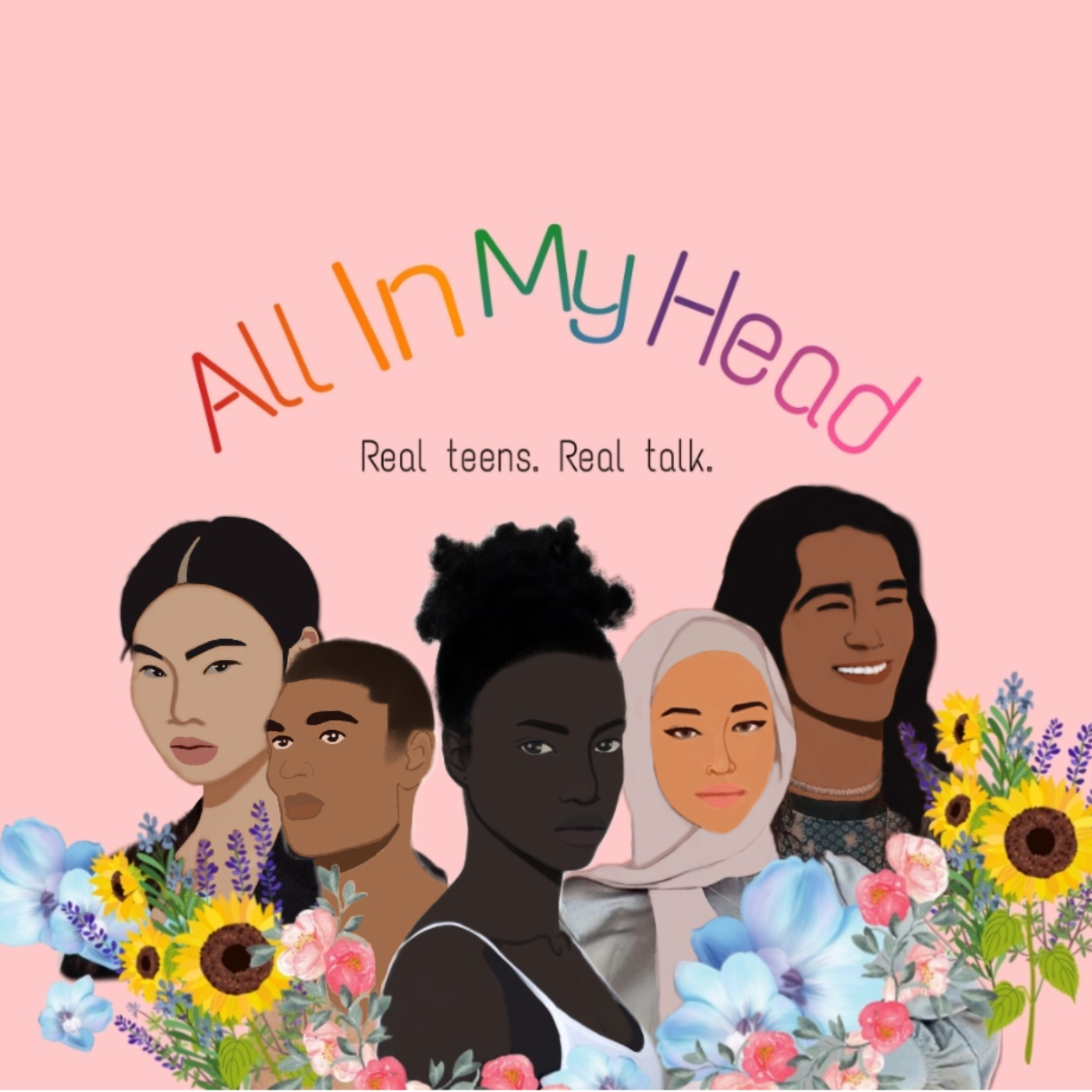
As a 15 year-old in the midst of the COVID-19 pandemic, one of the last things I expected to do was helping to run a $20,000 grant! As a member of Oregon’s Multnomah County Youth Action Council (YAC), I applied for the grant with our amazing YAC facilitator, Nicole Mayer. As YAC members, we decided Read More >
Posted on by Leave a commentHow Collecting and Reporting More Detailed Data Can Advance Health Equity for Native Hawaiian, Pacific Islander, and Asian American Communities

During Asian American, Native Hawaiian, Pacific Islander Heritage Month in May, we honor the contributions of Asian American, Native Hawaiian, and Pacific Islander people in the United States. CDC’s Office of Health Equity (OHE) recognizes the importance of promoting health and well-being and reducing health disparities in these populations. A key strategy in this effort Read More >
Posted on by 1 CommentNational Minority Health Month: Understanding Culture, Community, and Connections to Advance Health Equity
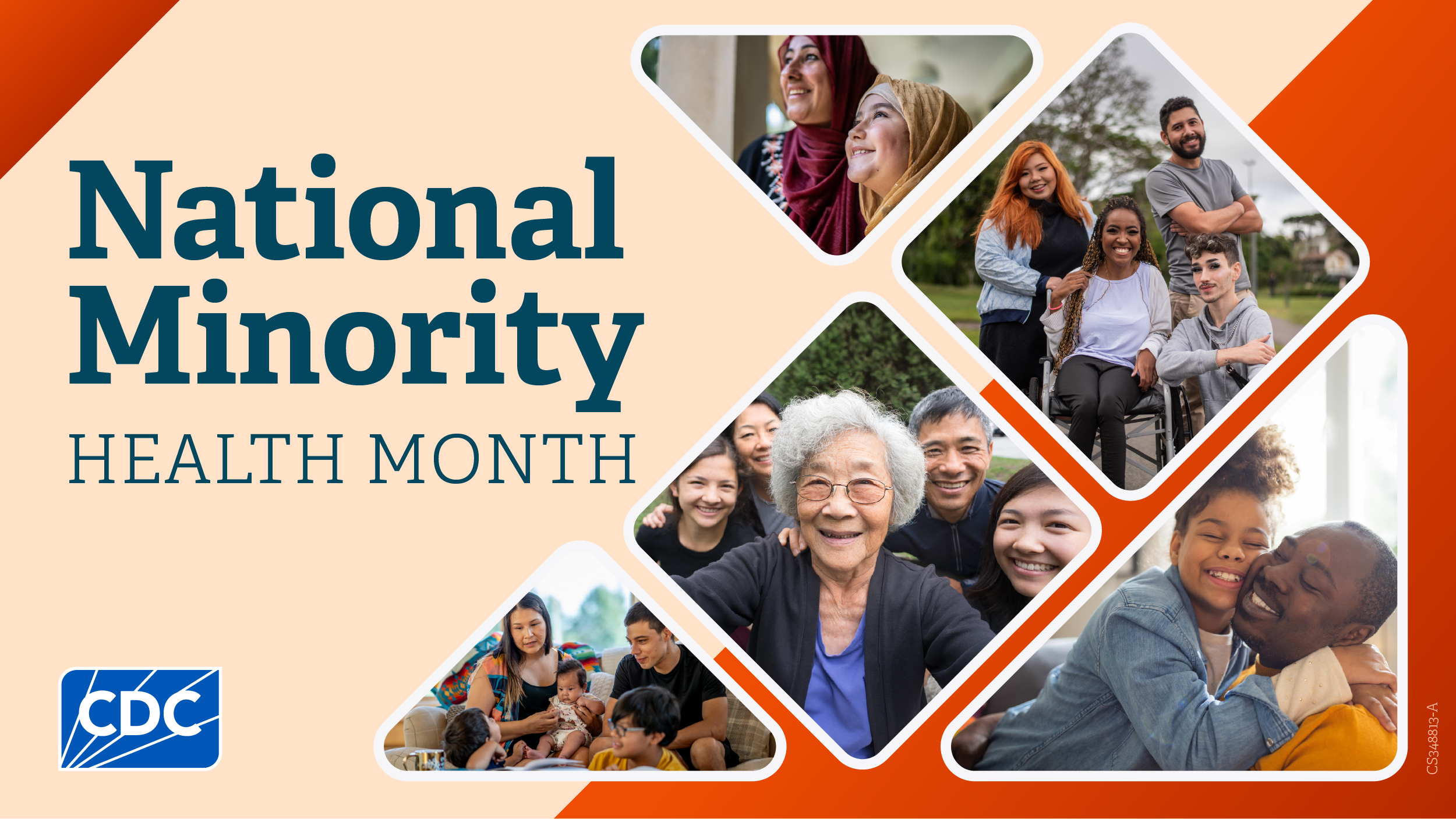
April marks National Minority Health Month! This year’s theme (“Be the Source for Better Health”) focuses on improving health outcomes through our culture, community, and connections. These elements that make us each unique are also critical to reducing health disparities. Recognizing and honoring the strengths and traditions within diverse communities can help improve health outcomes Read More >
Posted on by Leave a commentOffice of Health Equity Partner Webinar Series: Health Equity Science and Data for Action

In 2023 CDC’s Office of Health Equity (OHE) launched the Health Equity Partner Webinar Series to showcase the power of partnerships in reducing health disparities and advancing health equity. The series features presentations from OHE leaders, experts, and partners on topics that address emerging public health issues, health equity research, communication, and training. On March Read More >
Posted on by 1 CommentOffice of Health Equity Webinar Series: Promoting Equity in Health Communications

The Office of Health Equity (OHE) has launched a new webinar series that features presentations from OHE leaders, subject matter experts, and partners on topics that address emerging public health issues, health equity research, communication, and training, and showcase the power of partnerships in reducing health disparities and advancing health equity. On January 24th, the Read More >
Posted on by 2 CommentsBlack Health is Public Health: A Legacy of Leadership
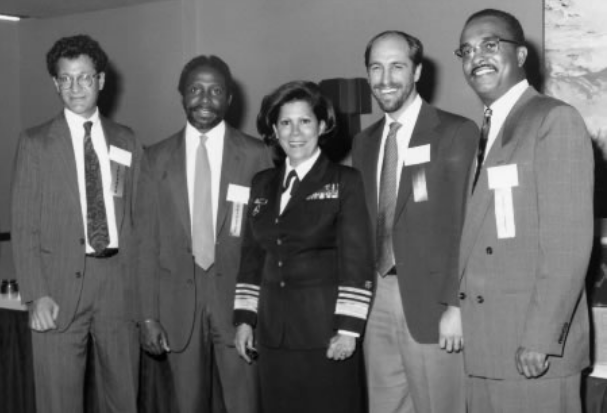
During February every year, we honor the legacy of achievements from Black leaders in the space of public health, civil rights, social justice, health equity, and more. This year, Black History Month comes on the heels of CDC’s yearlong commemoration of the 35th anniversary of the establishment of the agency’s Office of Minority Health – Read More >
Posted on by Leave a commentPartnership for Health and Vaccine Equity: Protecting Diverse Communities from COVID-19, RSV, and Flu

On October 30th, the Office of Health Equity (OHE) and the National Center for Immunization and Respiratory Diseases (NCIRD) at the Centers for Disease Control and Prevention (CDC) held a partner call to discuss the 2023–2024 respiratory virus season. A total of 783 unique participants joined the call to learn about current guidance to protect Read More >
Posted on by Leave a commentBinational Health Month: Strengthening U.S.-Mexico Public Health Collaboration
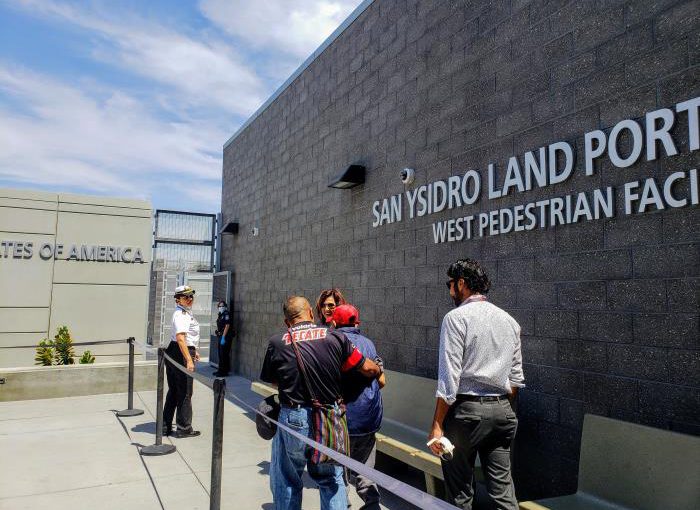
In October, the Southern Border Health and Migration Branch (SBHMB) within CDC’s Division of Global Migration Health (DGMH) recognized Binational Health Month (BHM). BHM is an annual celebration to promote the health of Mexican and other Latin-American migrants in the United States and Mexico, as well as their countries’ shared commitment to improving public health. Read More >
Posted on by Leave a commentConnecting Health Equity with Health Literacy through Message Testing
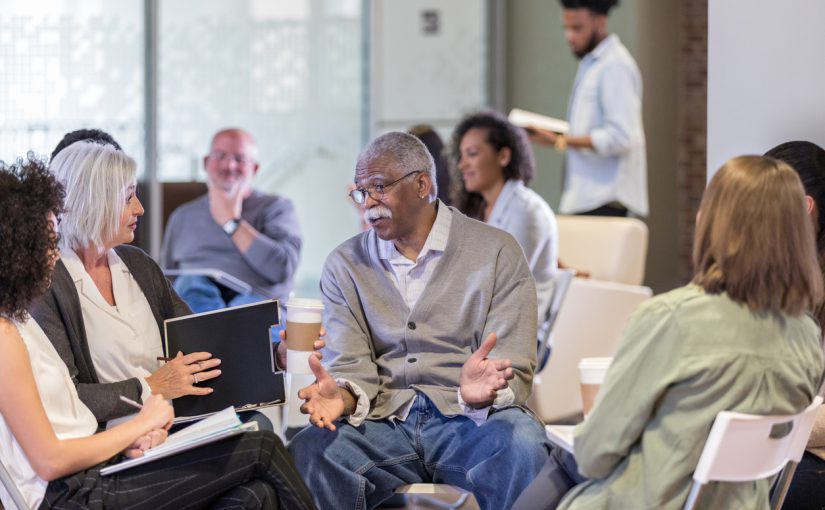
Every October, CDC joins together with other agencies and organizations in observing Health Literacy Month. In addition to raising awareness about the importance of accessible health information for all audiences, the Office of Health Equity (OHE) invites you to learn more about the connection between health equity communication and health literacy. Reframing Communication Efforts to Read More >
Posted on by Leave a comment

